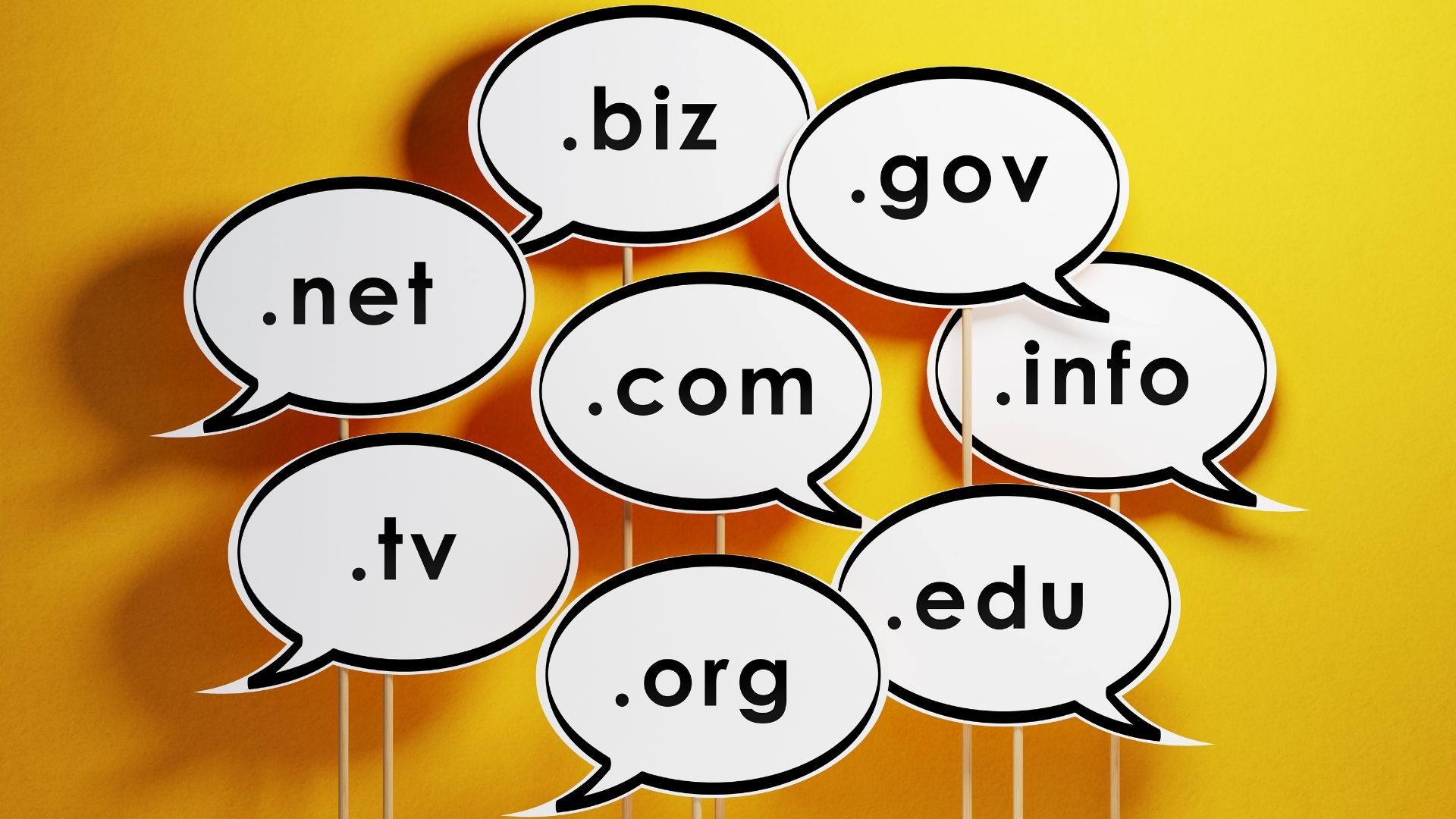There are many reasons why businesses need a website, but about a quarter of small businesses don’t have one. This may be because small teams rarely have the time, skills, or spare capital to build their own. Some might even think they don’t need one if they already have a strong social media following. In reality, every business needs a website because it builds trust, customers expect it, and the ROI is undeniable.
1. Customers Are Online
The internet has transformed the way modern businesses operate. In the past, entrepreneurs were able to build a company with nothing more than a single physical storefront. This is rarely the case these days, as the average American spends about 7 hours online per day. Customers now expect to find information about products and services online. Whether they need new shoes, directions, or a question answered, internet users usually begin with a search engine.
Search engines rank websites based on hundreds of factors including content, activity, and optimization. Highly ranked websites receive a majority of search engine traffic, which means they attract the most attention. In fact, over 70% of users never go past the first page of Google Search results. Businesses that take advantage of this position themselves for success since consumers conduct research online before making a purchase. They use websites and search engines to verify business phone numbers, locations, hours of operation, and products or services. If you don’t have a website, it communicates that your company doesn’t prioritize customer service. That’s certainly not the signal you want to be sending.
2. Websites Build Trust
Websites serve a wide variety of purposes. From online shopping to education and entertainment, the potential applications are nearly limitless. This presents an excellent opportunity for companies to establish and develop their credibility from the very first click. A report from Stanford University found that 75% of internet users judge a company’s credibility based on web design. Businesses which adapt to this fact may gain a leg up on their competition over time.
Consumers are becoming tech-savvy, eagerly discovering and researching their new favorite brands online. They want to know whether or not a business is authentic. That’s why it’s so important to have a website that displays an address, if possible, and a phone number. This encourages individuals to get in touch with you at a moment’s notice. A custom domain name also shows that you genuinely value the user’s experience. Ideally, it should be short, simple, and directly related to your company’s name or industry.
3. Identity Creates Connection
An optimized website builds a solid online foundation for any organization. It can be thoroughly customized with unique branding elements like logos, slogans, colors, and designs. This helps to establish any company’s brand identity, which affects how individuals perceive its goals, vision, and purpose.
Consumer behavior is often driven by what others have to say about a company. They expect to be able to view a website for more information about a particular brand. Providing this digital reference is a great way to develop long-term trust with diverse audiences. People tend to respond best to brands that prioritize innovative insights, greater usability, and global perspectives. Over time, companies that acknowledge and orient towards such priorities separate themselves from competitors. Distinct brand identities encourage connection with those who share values through genuine emotional responses.
Truly genuine brands are widely recognized as industry leaders. These companies set the competitive pace and pave the way for others to follow. Their websites are visually appealing, user-friendly resources that educate visitors, showcase achievements, and make it easy to get in touch.
4. Ecommerce Boosts Sales
Online sales are exploding, and this trend is expected to continue. Put simply, websites are basically digital storefronts. Even if you don’t consider yourself an ecommerce company, an online store can boost in-person sales. It supplements revenue by allowing new customers to easily find your products and services with a quick search.
A website isn’t only for reaching customers across the country, either. It’s also a great way to attract nearby shoppers because many online searches come from locals looking to buy. This is especially true of mobile users searching for a store, restaurant, or service provider while on the go. If your company’s website isn’t mobile-friendly, you’re missing out on opportunities to attract nearby customers. Online shopping is the new normal, and mobile users expect high-functioning digital stores. Brands across various industries recognize this digital shift and are investing in online shopping experiences. In fact, data suggests that 10 years’ worth of ecommerce growth occurred in the first quarter of 2020 alone.
Consumers often prefer brands that provide free shipping, delivery tracking, and are environmentally conscious. They expect easy online browsing, simple customization, and secure payment across a wide age range of browsers and devices. Not only are online stores helpful for shoppers, they benefit businesses, too. Google research shows that consumers who interacted with business websites and mobile apps together spent more money on average. Their loyalty seemed to improve, as well, which translated to higher customer lifetime values. Meet your customers online and they’re much more likely to make return purchases moving forward.
5. Digital Marketing Works
Companies without a website often use traditional methods like print, TV, and radio ads to promote products and services. However, placing ads in expensive and outdated channels is rarely the best use of funds. Fortunately, digital approaches are a great way to improve marketing efficiency.
Websites are now fairly affordable and give businesses access to a far wider audience than conventional marketing channels. Furthermore, hours spent online increase year-after-year, as do the total number of internet users. By maintaining a stellar website, your business can offer value and connect with both new and repeat customers.
One of the best digital techniques is known as content marketing. This strategic approach involves consistently offering engaging resources that answer questions and provide people with real benefits. It often increases sales, generates more leads, and costs less than traditional advertising methods. The value of content cannot be overstated in a world with countless sources of online education and entertainment. It can take almost any form, such as eBooks, blog posts, news articles, podcasts, videos, and live webinars. Business websites can easily feature any of these resources for free or a fee. Effective content marketing promotes brand loyalty and genuine emotional connections which can last a lifetime.
Websites are essential for marketing in the 21st century. When designed properly, they load quickly, provide value, and can even support 24/7 online shopping. Consumers expect to find their favorite brands on the internet, especially via search engines like Google. Companies that wish to be competitive in the digital age owe it to themselves and their customers to be online. If your business still needs a website or you have questions, we hope you’ll contact us for more information. We’d be honored to help you successfully navigate the rising tide of digital marketing strategies.
Originally published on January 21st, 2021
Latest Posts



